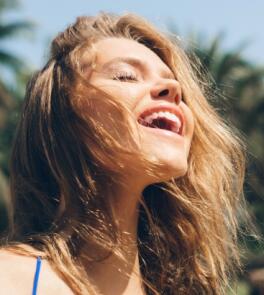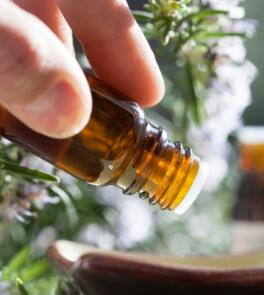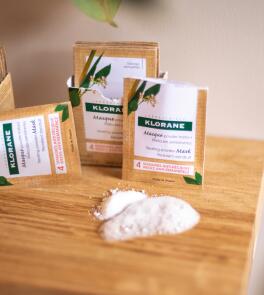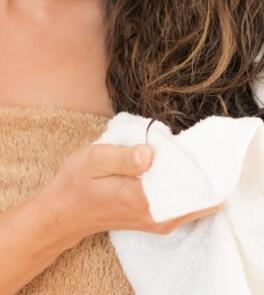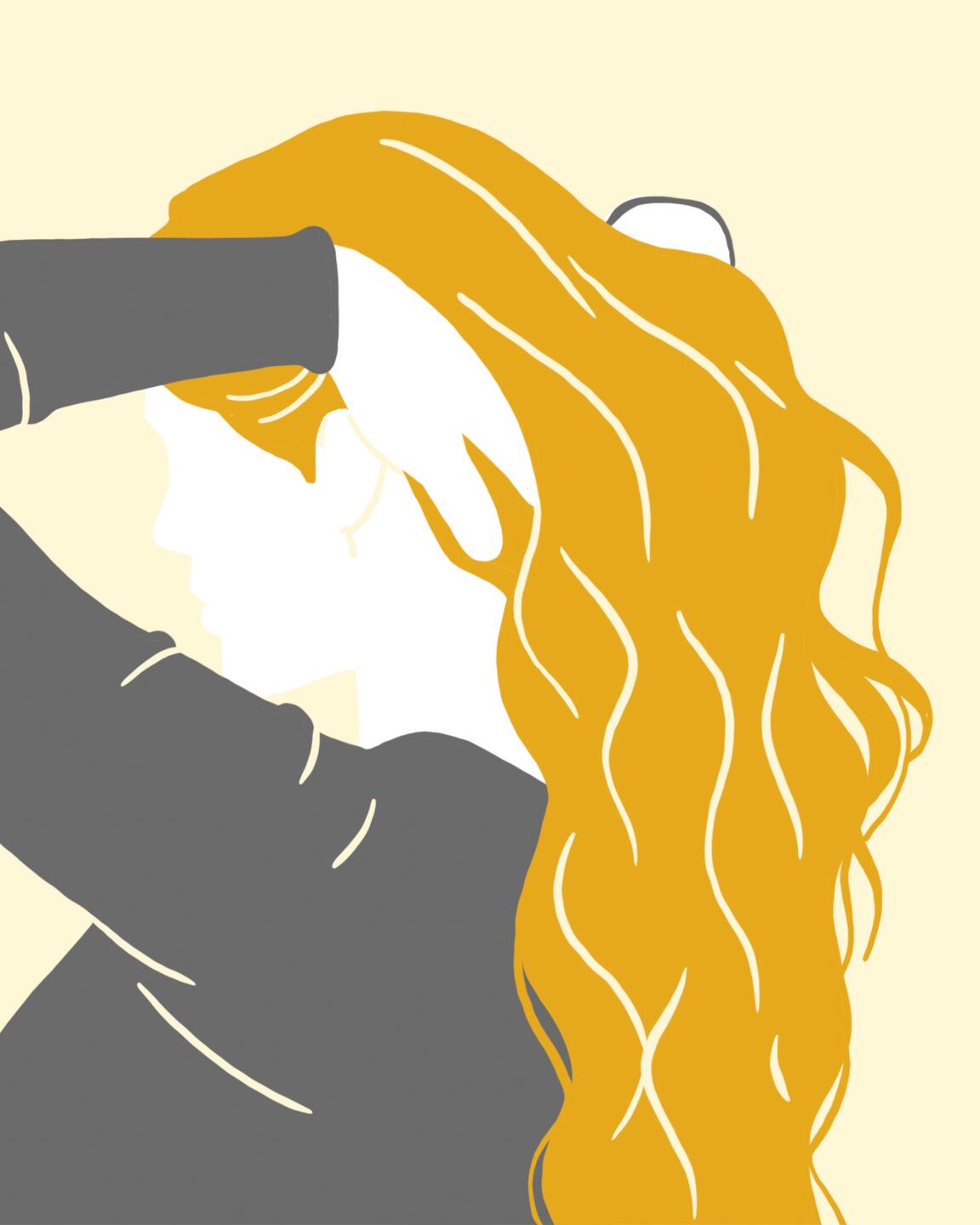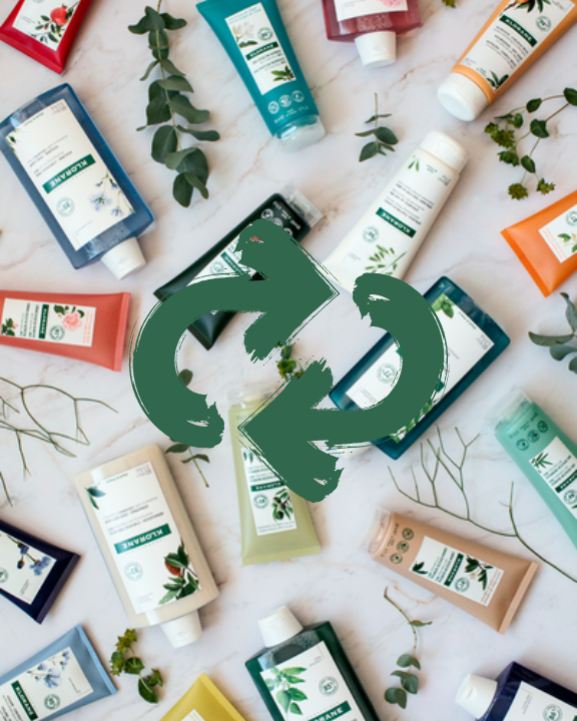Reframing your diet
Focus on a balanced diet to rebalance your microbiome! Focus on sources of vitamin A (eggs, dairy products) to slow down scalp flaking, vitamin E (oily fish, hazelnuts, almonds) to boost circulation, vitamin B6 (wholegrain cereals, salmon, bananas) for cleansing properties, and trace elements such as sulphur and selenium. Whether right on the plate or through a food supplement, the choice is up to you.



